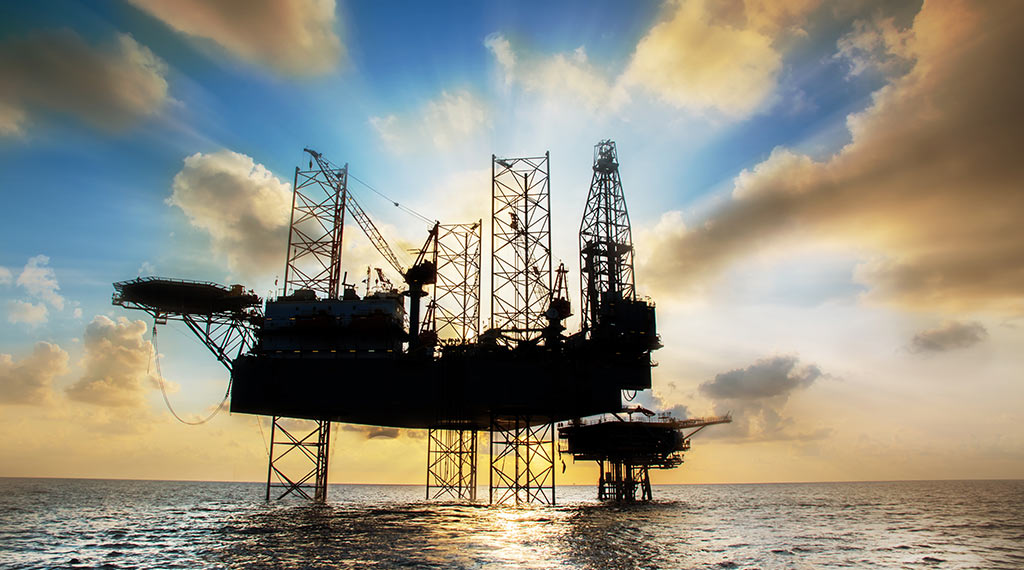Situation Report: Israel dismantles Hamas terrorist’s maritime capabilities in defense of energy infrastructure & coastal communities

On the night of May 17th, residents of the Israeli city Haifa witnessed bright flames coming from a natural gas platform in the Mediterranean, causing some to worry whether it had come under attack by Hamas. Fortunately, that particular platform appeared to be flaring gas due to a “technical malfunction” rather than hostile action, according to Israeli media.
But Israelis are right to be concerned about attacks on its natural gas infrastructure by Hamas, Palestinian Islamic Jihad and other hostile jihadist groups. Further south, off the coast of Ashkelon, Israel’s Tamar offshore gas installation has come under attack multiple times by both rockets and suicide drones deployed by Hamas in the latest round of hostilities. These attacks, which have been attributed to Hamas’s naval units, are a sign that Israel’s enemies understand the importance of this offshore natural gas infrastructure – something that didn’t exist until the last two decades.
Throughout its first fifty years, The State of Israel depended heavily on imported natural gas to meet its energy needs. These imports often came from Arab nations with a history of hostility toward the Jewish State and traveled through pipelines that became a consistent target of terrorists. The el-Arish-Ashlekon pipeline, which transported natural gas from Egypt to Israel, provided nearly 40 percent of Israel’s demand before it was sabotaged and closed in 2011.
Fortunately, by that time Israel was well on its way to more energy independence through its exploration and discovery of vast natural gas reservoirs just off its Mediterranean coastline and by shifting more than 70% of its electricity generation to this resource. Now, Israel is a net exporter of natural gas, in some cases selling and transporting it through the same pipelines it previously used for its imports.
Israelis know that this natural gas production and export infrastructure will continue to be targeted by Hamas’s maritime forces, which is why the Israeli Defense Force employs a ship-borne version of the “Iron Dome” air defense system to protect the Tamar gas rig, after first successfully testing it in November, 2017. The following year, the IDF’s Navy commandos even simulated an attack on the offshore gas rig. “The opponent that will scale the rig is not one terrorist wearing a keffiyeh. It’s going to be someone who understands that this is a strategic asset to the State of Israel,” one IDF Navy officer told the Israeli Haaretz newspaper at the time.
Israel has stepped up its focus on thwarting Hamas’s maritime forces after Operation Protective Edge in 2014 when terrorist commandos conducted an amphibious infiltration at Zikim beach, and carried out an attack on IDF forces. Footage of the incident demonstrated that the commandos were equipped with military-grade rebreathers (a closed-circuit system that produces no bubbles) and were physically fit and tenacious.
A previous commander of Israel’s 916th Fleet, which protects the maritime sphere between Israel and the Gaza Strip, sounded the alarm about Hamas’s navy in 2018. “Their naval unit has improved immensely recently and they are training to carry out attacks in Israeli towns and to damage facilities. Today they’re one big, well-trained unit equipped with a variety of weapons and most of all, they have a lot of courage,” he said.
In its latest round of defense against Hamas, Israel has taken an offensive approach by targeting its navy. Since the May 10, 2021 launch of Operation Guardian of the Walls, Israel has killed the head of Hamas’ submarine development program, possibly killed the head of Hamas’ naval commando force and “destroyed eight warehouses containing naval armaments, 10 Hamas naval posts, 22 ships belonging to the group’s naval forces, and more,” according to The JNS Daily Syndicate.
“The most significant thing, as in all of the IDF, is denying [the enemy] capabilities and establishing a strong defense. Therefore, we have attacked bases, vessels, weapons warehouses, infrastructure and operatives,” said Israeli Navy Commander Maj. Gen. Eli Sharvit.
- Putin’s “operation holodomor” - February 12, 2026
- Gridlock: why America’s power supply is in danger - February 11, 2026
- “Within 72 Hours, the American Population Will Break Down”: Lt. Col. Tommy Waller - January 8, 2026
